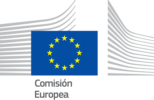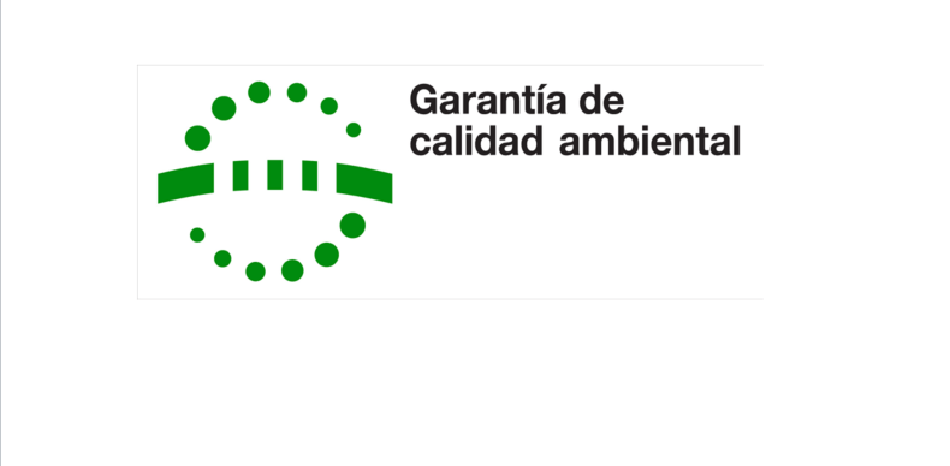
It has been demonstrated that one of the most suitable instruments to collaborate in the achievement of these objectives, are the eco-labels for products and services that give consumers the guarantee that both, products and services comply with the environmental quality requirements beyond what the Law establishes.
The Action Plan for Circular Economy.
In the Action Plan for Circular Economy, the Commission emphasizes the importance of providing the consumer with clear and homogeneous information on the environmental aspects of products, avoiding possible confusing information reflected in the multiple existing eco-labels. For this reason, the labels currently in use in the EU are being adapted to provide clear, accurate, and objective information on the environmental benefits of products and services.
The Environmental Quality Assurance Symbol.

The criteria used for the granting of this eco-label are divided into general environmental criteria, applicable to the entire category and specific environmental criteria for each subcategory (if any). In addition, some products categories / services provide the possibility of providing complementary information on the environmental aspects of the product / service life cycle in question, such as LCA, energy consumption, waste policy, etc.
The proyect.

- Production, marketing, use and consumption of eco-designed products to facilitate repair, reuse, upgrade, re-manufacturing and recycling, and ensure their durability through these or other means (warranty, technical service, etc.)
- Efficient production processes through innovation, industrial symbiosis, intelligent specialization, value chain adhesion, use of best practices through BREF and through the integration of any other type of eco- innovation.
- An efficient use of resources with a special focus on water and energy, ensuring a sustainable origin of raw materials, catalyzing the market for secondary materials made from waste, and promoting better waste management that respects the hierarchy of waste from the EU, carry out the separation at the origin of the different types of waste, the clear management of residues, and their monitoring.
- Purchase and green procurement in the Administration.
Furthermore, it is a question that the Symbol serves to:
- Provide consumers with clear and homogeneous information on the environmental aspects of the products and services that obtain the Distinctive symbol.
- Consider, as a matter of priority, those elements that today represent important environmental challenges in the EU, as well as business opportunities, such as plastics, food waste, nutrients, construction and demolition waste, critical raw materials or bio-products.



0 Comments